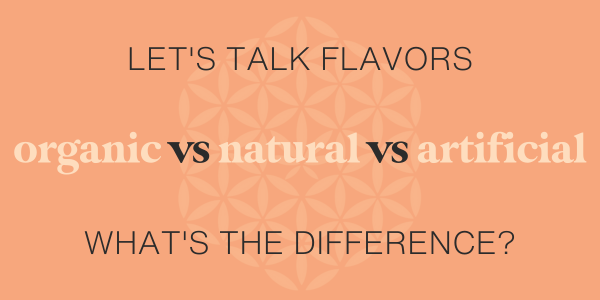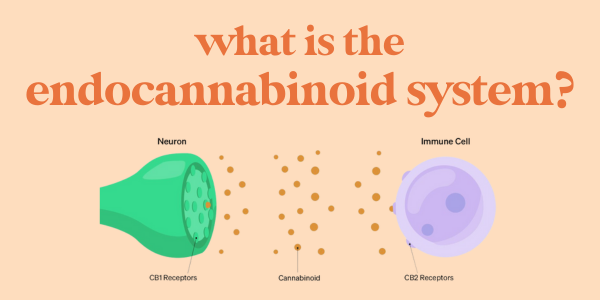We see the terms "organic flavors," "natural flavors," and "artificial flavors" all the time, but what exactly do they mean and what is the difference between them?
Organic Flavors
Organic flavors refer to flavoring compounds that are derived from organic sources. "Organic" refers to the way the ingredients are grown and processed. Organic farming methods avoid the use of synthetic pesticides, genetically modified organisms (GMOs), and artificial fertilizers. Organic flavors are sourced from natural ingredients that have been cultivated using these methods. These flavors can be used to enhance the taste of various food and beverage products. The ingredients used in the flavor extraction process of organic flavors follow organic agricultural practices.
Natural Flavors
Natural flavors are derived from sources found in nature, such as fruits, vegetables, herbs, spices, and other botanicals. These flavors are extracted from these natural sources through various processes, such as distillation, extraction, or fermentation. However, the term "natural flavors" can be somewhat ambiguous, as it doesn't necessarily mean that the flavor compounds are directly extracted and used. It could involve some degree of processing or manipulation before being added to products. Additionally, natural flavors can also include components that have been isolated from natural sources and then combined to create a specific taste profile.
Artificial Flavors
Artificial flavors are synthesized flavor compounds that do not originate from natural sources. These flavors are created through chemical processes that involve combining various chemicals to mimic specific tastes. Artificial flavors are designed to replicate natural flavors and enhance the taste of food and beverages. They are often used to create consistent flavor profiles and to reduce production costs. These flavors are typically produced in a laboratory setting and can be used to replicate a wide range of flavors, both simple and complex.
Difference Between Them
The key differences between these terms lie in their sources and production methods:
-
Source: Organic flavors are derived from ingredients that are cultivated using organic farming practices. Natural flavors come from naturally occurring sources like plants, while artificial flavors are entirely synthesized in a lab.
-
Production: Organic and natural flavors are extracted from real ingredients, whereas artificial flavors are chemically created.
-
Processing: Organic and natural flavors might involve processing to extract or isolate flavor compounds, but they are sourced from natural materials. Artificial flavors involve more extensive chemical processing to create flavor compounds that mimic natural tastes.
-
Perception: Organic and natural flavors are often associated with a healthier or more "authentic" taste due to their natural origins. Artificial flavors might be perceived as less natural, although their goal is to replicate natural tastes.
-
Regulations: The regulations and definitions for these terms can vary by region and regulatory body, which can contribute to confusion and varying interpretations.
To summarize, organic flavors are derived from organically grown ingredients, natural flavors come from natural sources, and artificial flavors are chemically synthesized compounds designed to mimic natural tastes.
Here at Nuvita, we use only the best, that's why you will find organic flavors in our nutritional supplements and natural flavors in our edibles. We do not include anything artificial in our products!




Leave a comment
This site is protected by hCaptcha and the hCaptcha Privacy Policy and Terms of Service apply.